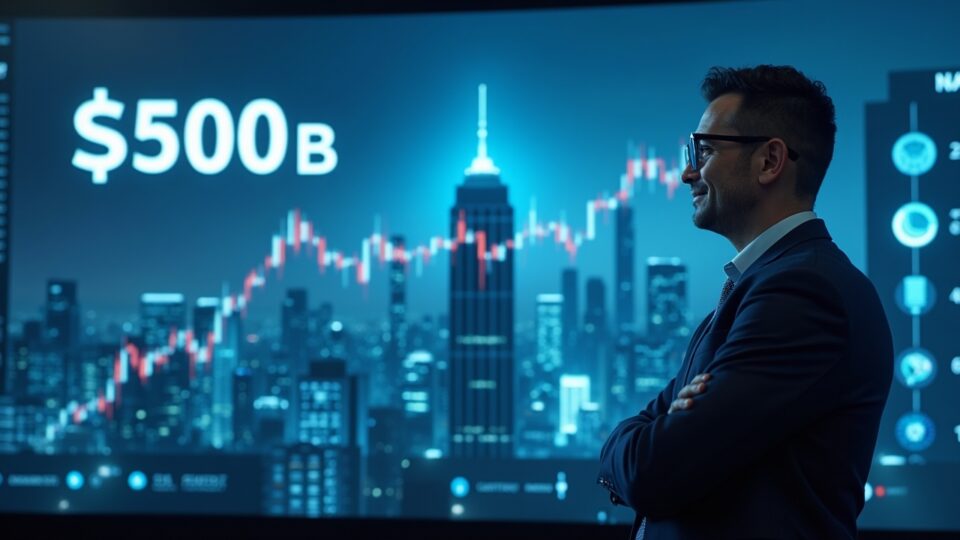OpenAI now carries a $500 billion valuation after a secondary share sale that let current and former staff sell about $6.6 billion worth of stock. The deal pushes the firm past SpaceX and signals that investors back its lead in artificial intelligence, according to data supplied. The figure shapes how lenders, cloud hosts and corporate buyers weigh future funds, server access and product rollouts.
Thrive Capital, SoftBank Group, Dragoneer, Abu Dhabi’s MGX and T. Rowe Price bought the employee shares. The move handed liquidity to workers and confirmed outside willingness to bankroll OpenAI’s growth, including the reported but troubled “Stargate” infrastructure plan. SpaceX had held the old record at about $350 billion, and the new ranking reorders the private startup leaderboard.
Market effects with OpenAI new valuation
OpenAI forecasts 2025 sales of about $12.7 billion, roughly triple 2024. Microsoft has already pledged $13 billion and Nvidia maintains supply contracts, yet OpenAI is also talking to SoftBank and Oracle about extra compute capacity beyond its current arrangements.
The deal not only shows excitement around AI, but also a growing overlap between AI and blockchain, with capital flowing into the technologies increasingly viewed as the next pillars of digital infrastructure. The company also dwarfed startups ByteDance and Anthropic, which are valued at $220 billion and $183 billion, respectively.
Fur market effects that stem from the valuation and the secondary sale, shaping talent retention, financing options and cloud strategy as OpenAI scales. Even the most promising crypto companies, including Ripple, Circle and Binance, have not broken past the $100 billion barrier.
The next checkpoint is 2025 operating data, when the revenue figure will show whether the $500 billion sticker survives real-world sales and the heavy cost of new servers. As AI and stablecoins both enhance the development of digital infrastructure, some say that there will be synergies between the two.

